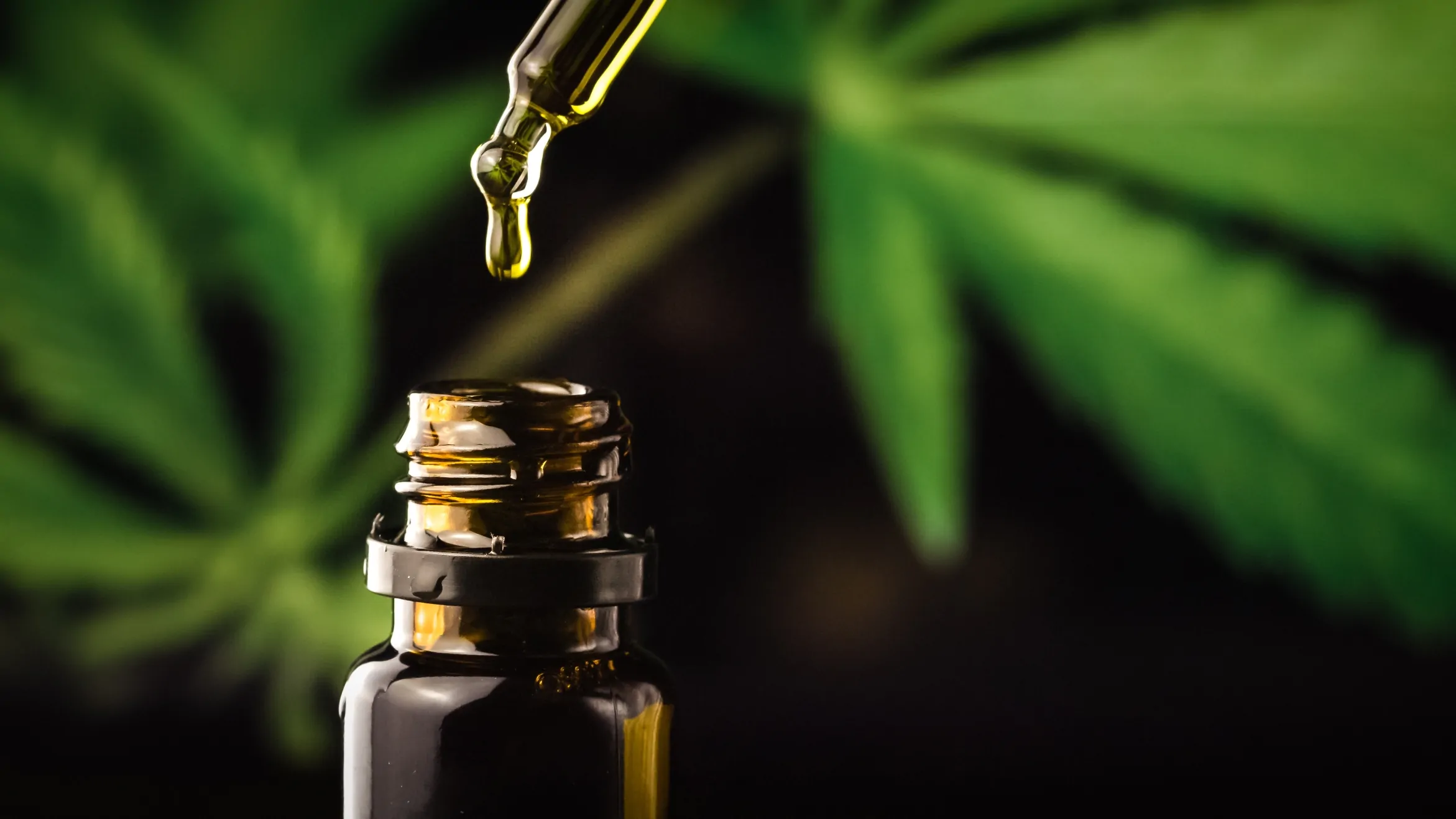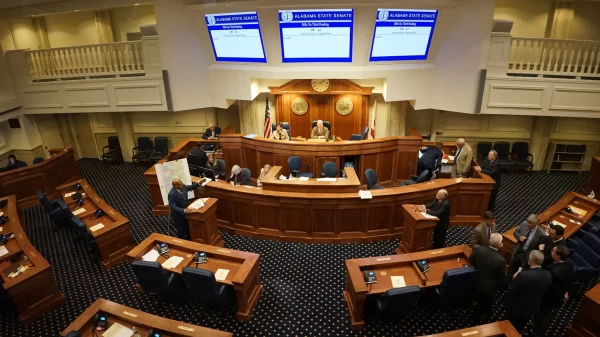Thursday the Alabama House of Representatives will resume debate on legislation to make medical marijuana legal in the state of Alabama. The Compassion Act would create an Alabama Medical Cannabis Commission and make Alabama the 38th state in the country to put in place the legalization of medical marijuana.
Senate Bill 46 is sponsored by State Sen. Tim Melson, R-Florence, and is being carried on the House floor by state Rep. Mike Ball, R-Madison.
Debating the medical marijuana bill is all that the Legislature actually did on Tuesday. A group of conservative Republicans, led by state Rep. Jim Carns, R-Vestavia, waged a determined filibuster of the bill from the point that the House gaveled in to midnight that night.
Opponents argue that legalization of medical cannabis will inevitably lead to legalization of recreational cannabis and will transform the state of Alabama.
Ball said he opposes the legalization of recreational cannabis and that this bill will be limited to those people who have a demonstrated medical need and who have already tried other treatments for their condition. Ball said that those people who want to abuse marijuana for their own recreational use can and do get is already.
“You can already buy marijuana in every district in the state,” Ball said. “This is not going to give you the high that you can get from a bag of pot purchased illegally on the street.”
Opponents argue that there is not a single doctor in the Alabama House of Representatives, that the body is unqualified to make medical decisions and those who can or cannot receive treatments should be left to the FDA.
While every opponent of the bill is allowed to give two ten-minute speeches explaining their opposition on every motion considered by the House, the votes that have occurred tend to show that supporters have the votes for passage. The vote on the BIR, which is necessary to bring a bill up, was 69 to 31.
The vote to accept the Judiciary Committee substitute bill was 71 to 20. The bill only needs a simple majority for passage. The House is currently debating adopting the House Health Committee amendment.
There will still be a new debate on final passage, as well as on any amendments that are potentially introduced on the floor of the House. This process could go on for hours if proponents can not gather enough votes to cloture debate and end the filibuster.
“37 states have already done this,” Melson told reporters. “I have no doubt that it is going to pass if it is given a vote on the floor.”
Marijuana advocates have been organizing for this day for years and are ramping up pressure on legislators to pass SB46.
“I am glad to see that the Alabama’s medical cannabis bill, is getting the attention it deserves,” said Alabama Cannabis Industry Association President Chey Garrigan. “A medical cannabis program is remarkably complicated to put together, and Alabama has done it. Now, the discussions are beginning to happen about the issues that have been overlooked or completely ignored. The legislatures that have been opposed are beginning to see the light. This is a historical moment in Alabama.”
“The reality is that some form of recreational use of cannabis is already here, and it has been here for years,” said Republicans Against Marijuana Prohibition President Marty Schelper. “The only difference is that people are obtaining it through the black market. The black market brings forth the dangers of consuming cannabis that maybe laced with deadly contaminants.”
“At least with the medical cannabis program setup in SB46, we would be assured that all the products are pure and meet quality standards,” Schelper added. “By opposing this bill based on your fear of recreational and child use … you are once again putting the recreational user above the medical patient that is DYING and is desperate for relief and help.”
Supporters of the legislation point out that no one dies from marijuana use.
This Legislature has meanwhile passed several bills to expand alcohol availability including allowing wineries to ship wine directly to homes, allowing package stores to sell alcohol through drive-thru windows, and allowing retailers to home deliver alcohol within 80 miles of their store.
Alcohol kills 95,000 Americans every year. Some 70,630 Americans died from drug overdoses in 2019, many of those from pills prescribed by their doctors. Opponents meanwhile argue that marijuana is the gateway drug that leads to other chemical dependencies.
The Alabama Policy Institute said that the bill “by State Senator Tim Melson was viewed by API as one of the most dangerous bills to come before the legislature in recent memory. Under the auspices of medical treatment by means of marijuana, the bill grew an entire new department of government, raised taxes at unparalleled levels, impeded on civil rights by allowing warrantless search and seizure, and portrayed a substance currently banned by federal law as acceptable to the state.”
The House is expected to eventually vote on the bill Thursday.
If the House passes SB46, it still has to go to the Senate where that body will have to decide if they concur with the version passed by the House. If not then the bill would go to a conference committee. Thursday is day 29 of the 2021 Legislative Session. The Legislature is limited to no more than 30 days in a session.



















































